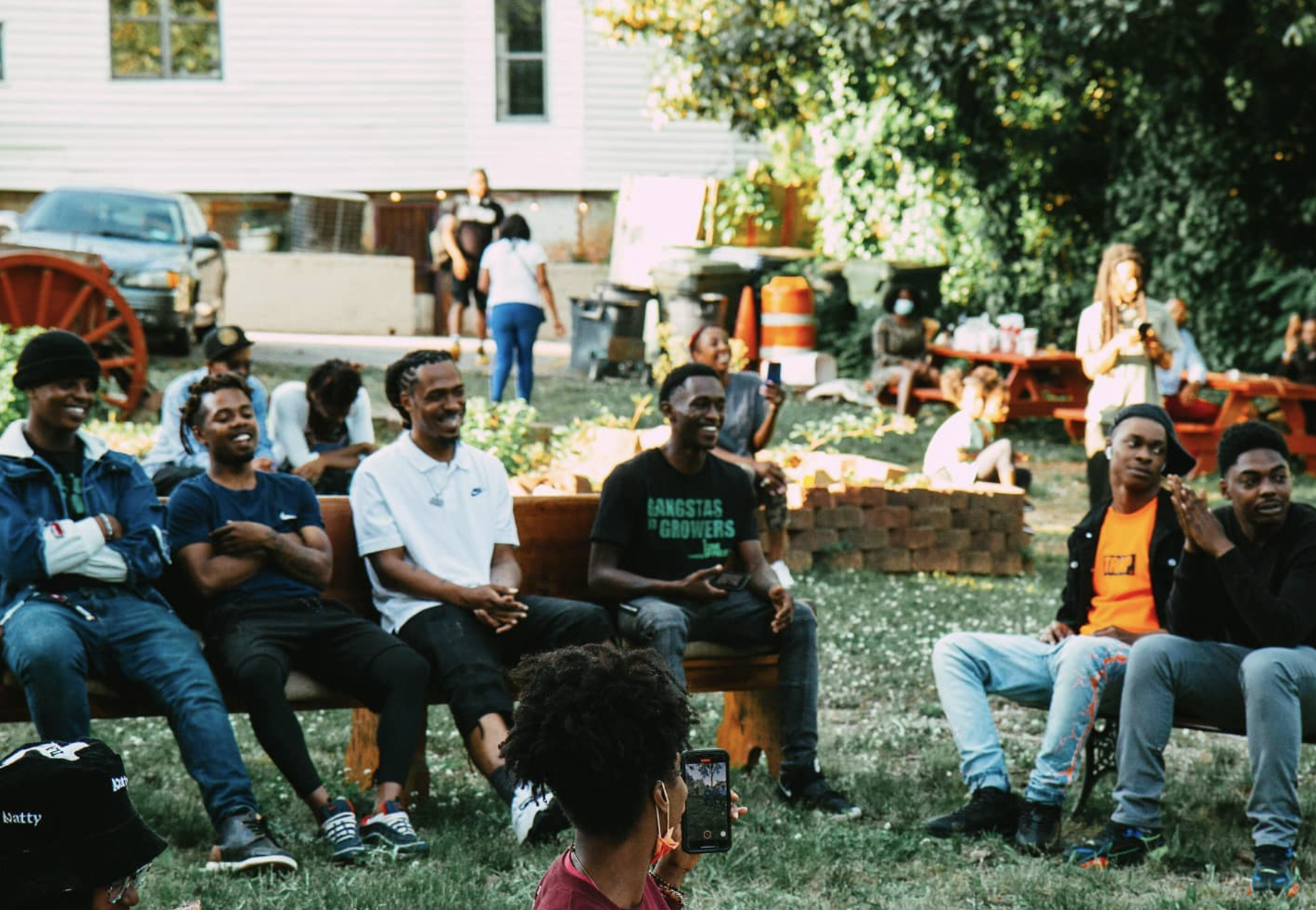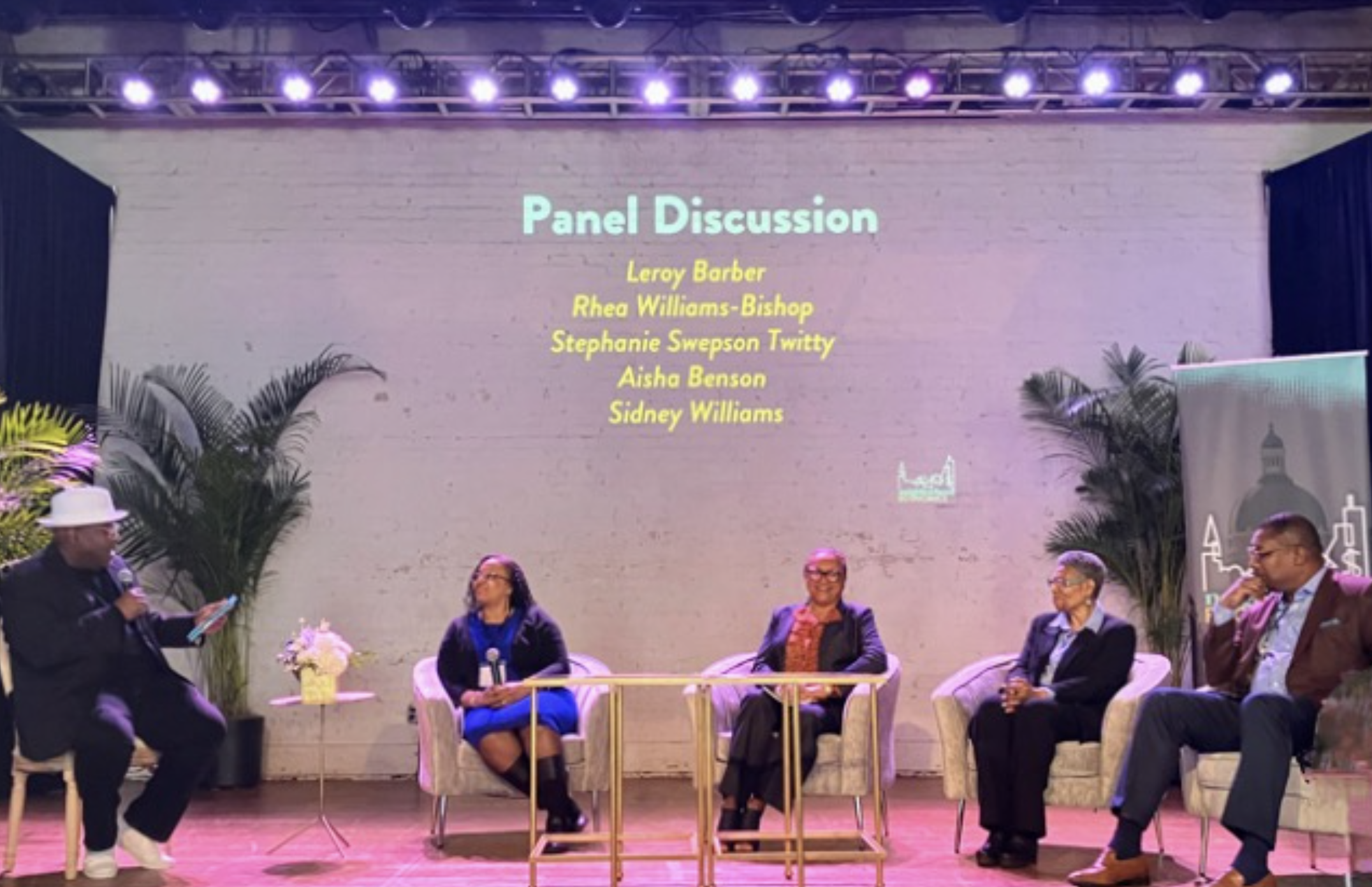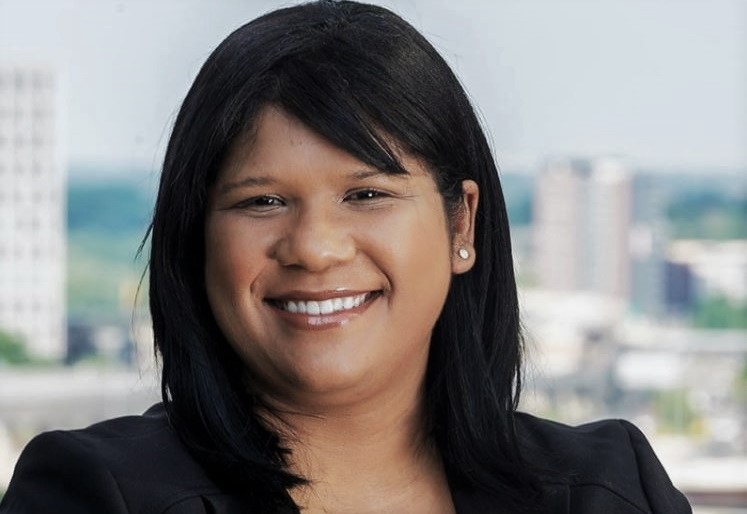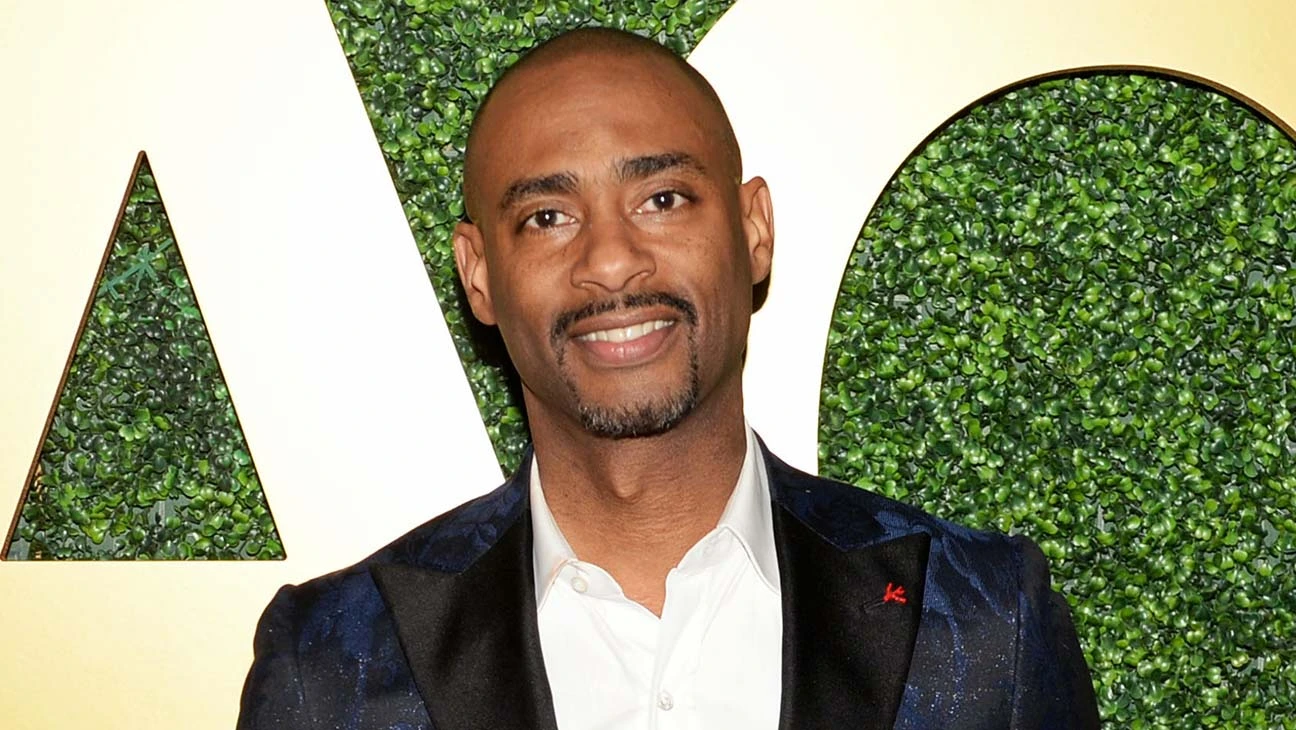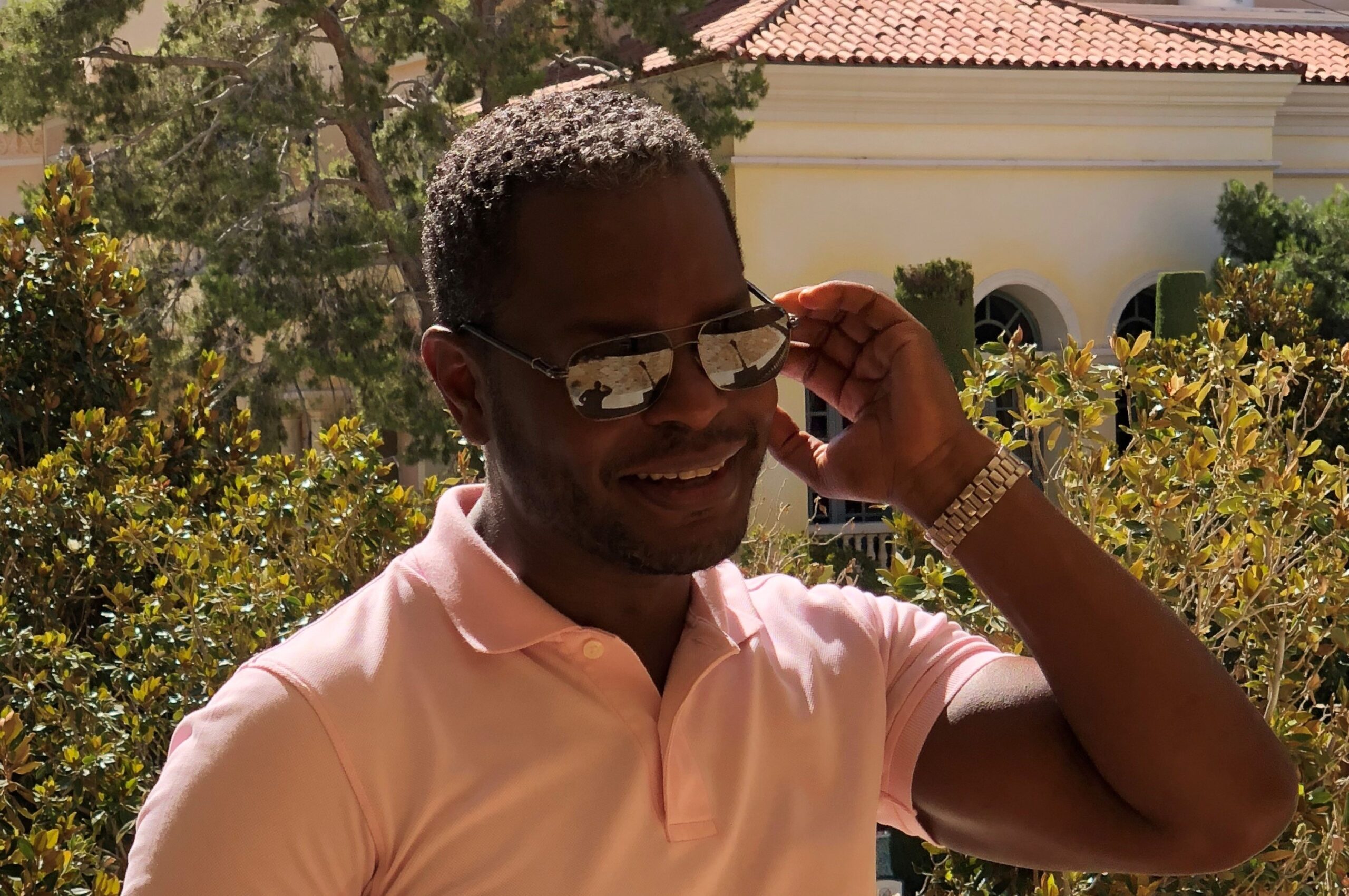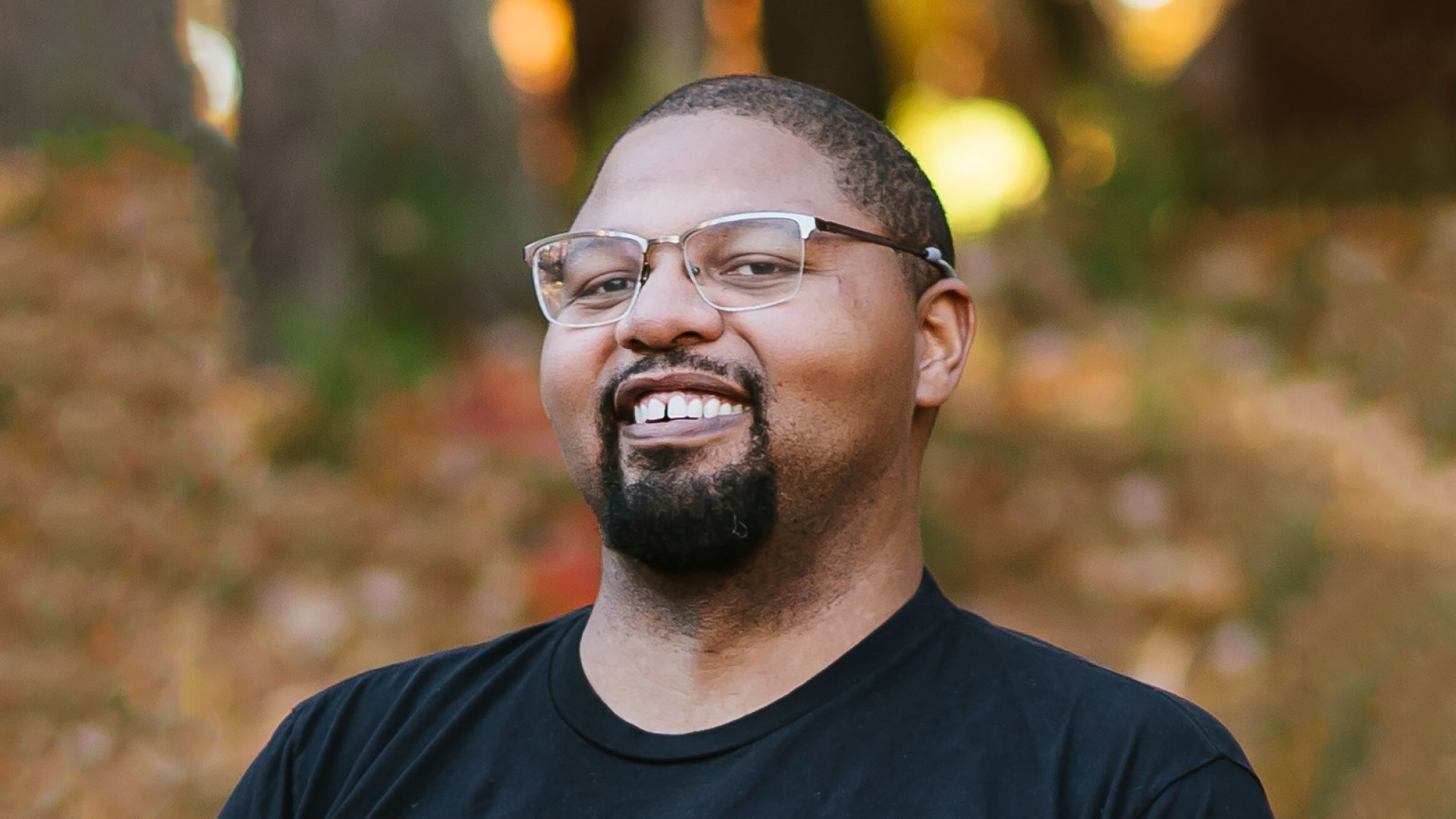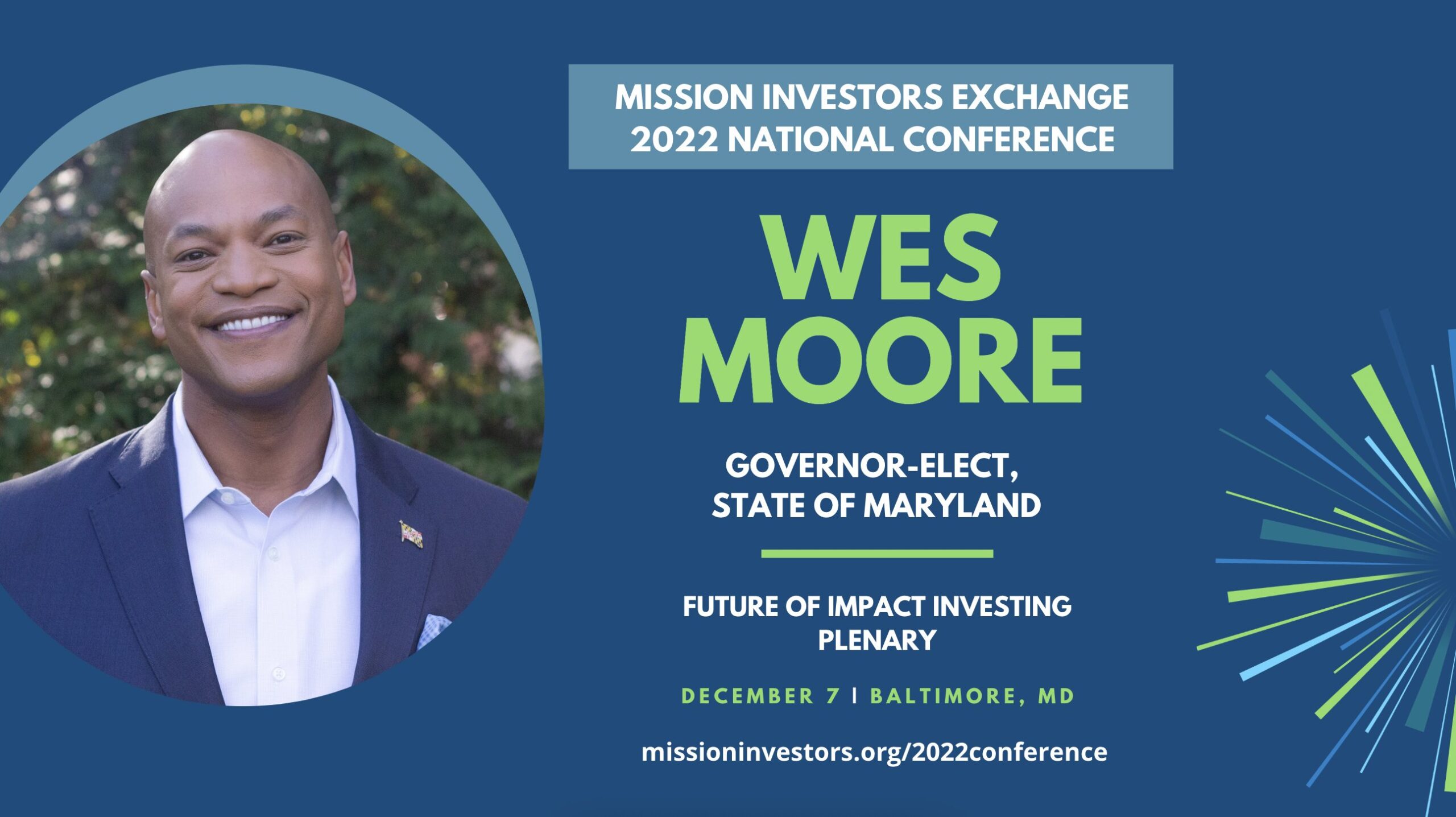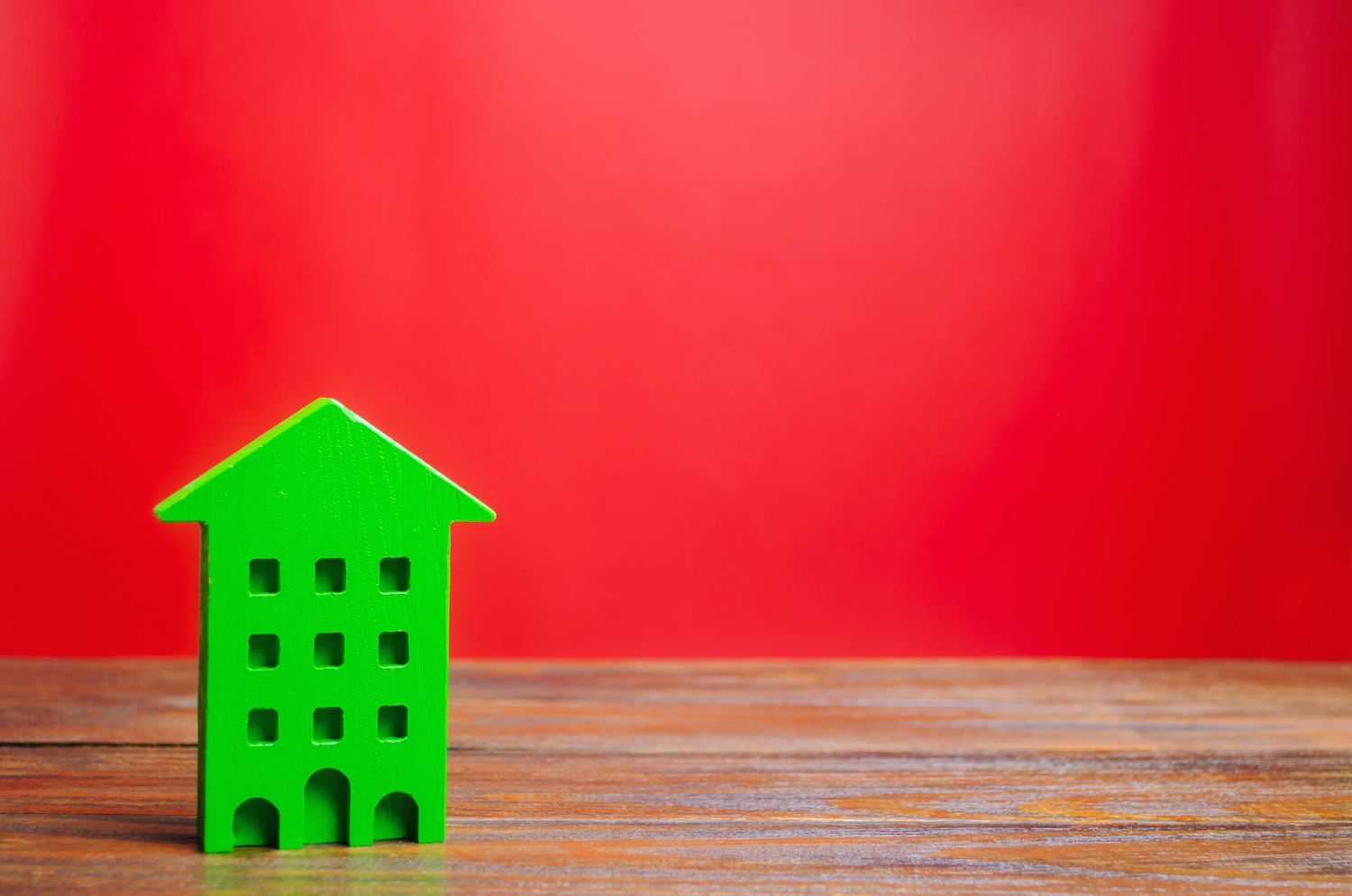ImpactAlpha, June 28 – Atlanta has been the de facto headquarters of the civil rights movement since the 1950s and ‘60s. A 1971 issue of Ebony hailed the city as a Black Mecca. From the Rev. Martin Luther King, Jr., Mayor (and Ambassador) Andrew Young, and Rep. John Lewis to Stacey Abrams and Michael ‘Killer Mike’ Render, Black leaders have worked with churches, universities, businesses and thousands of Atlantans, to forge victories in voting rights, desegregation and equal economic opportunity.
The Atlanta Wealth Building Initiative, originally founded to incubate green businesses to address social challenges, was relaunched in 2017 to address a major piece of unfinished business: Atlanta’s racial wealth gaps.
Latresa McLawhorn Ryan, the initiative’s managing director, joined The Reconstruction podcast to talk about strategies to build income and wealth for Black Atlantans.
“We have redefined wealth,” says McLawhorn Ryan. “Wealth for us is extended beyond financial assets. It is centered around power and agency. It’s social capital. It is really ultimately about the ability to make choices and craft a future for yourself… your family.”
“In five to 10 years, I would love to see [Atlanta] serve as a model for systems-level change,” she says. “If we can’t do it in Atlanta, I’m quite frankly concerned about doing it in other cities, given our history and infrastructure and framework.”
The wealth-building initiative includes grants for capacity building and business models that help Atlanta’s Black-owned businesses grow and hire and that improve opportunities for workers. One grantee, Gangstas to Growers, is building worker-owned cooperatives that provide employment and entrepreneurship opportunities in agriculture for at-risk youth and formerly incarcerated people. Another, the Village Market, showcases and trains small Black-owned businesses specializing in conscious or all-natural products, with the goal of keeping money circulating in Atlanta’s Black communities.
With research and convenings, the initiative has cultivated a community of practice that includes over 40 organizations facilitating the flow of capital towards an inclusive economy. Participants include the Atlanta Federal Reserve Bank, Invest Atlanta, Community Foundation for Greater Atlanta, Atlanta Beltline Inc., Communidad Connect, Kendeda Fund, and Annie E. Casey Foundation.
At its core, community wealth is about “building wealth in a way that doesn’t extract from community for individual gain,” says McLawhorn Ryan, “but has a responsibility to community, has a responsibility to ensuring that everyone in the community has not just an opportunity, but has a reality of wealth.”
Income inequality
Atlanta has consistently ranked near the bottom of major cities on income inequality. As of 2018, nearly one in four Atlantans were living in poverty, while 18% of the city’s households had an annual income of $150,000 or more. Black Atlantans are bearing the brunt of income inequality. In 2020, the poverty rate among Black people in Atlanta was 30.2%, versus 8.1% for white people.
“The median family income for a Black family in Atlanta is $28,000, compared to $83,000 a year for a white family,” Mclawhorn Ryan says. “And that disparity is actually greater than the national average.” Patterns in wealth inequality are similar. The wealth-building initiative has found that the average value of Black-owned businesses is $58,085, compared to $658,264 for White businesses.
These disparities are by decades-long design. To reinforce segregation, Georgia’s white political leadership denied Black neighborhoods access to transportation that would connect them to jobs. Lending discrimination systematically excluded Black communities from home ownership. Despite federal civil rights laws that sought to end these practices, racist exclusions continued at least through the 1980s.
In 2017, the organization decided to reexamine its strategy to understand how it could more fully address income and wealth inequality, and connect “the full landscape, both from grassroots to grass tops— corporations, capital providers, and government— to determine what we needed to do,” says McLawhorn Ryan, who took the helm in 2019. The organization’s approach to community wealth refocused with a more explicit focus on the racial wealth gap and the underlying dynamics that formed it over time.
The Atlanta Wealth Building Initiative is among a growing group of organizations seeking to center people by coordinating city-wide strategies in partnership with community groups, funders, policymakers, and anchor institutions— like hospitals and universities— that are stable, long-term economic forces in the community. The Democracy Collaborative has been building a library of models in community wealth building since its founding in 2000.
“Community wealth begins with a devotion to place, with a respect for all those who live in a place,” explains the Democracy Collaborative. “It keeps money circulating locally by developing local assets and keeping ownership locally rooted, and ideally, broadly held.”
Historical roots
In recent months, Georgia and Atlanta have emerged as key nodes in the economic and political shifts underway nationally. Leaders like Stacy Abrams, like McLawhorn Ryan a graduate from Spelman College, and LaTosha Brown, co-founder of Black Voters Matter have notched historic victories for democracy and Black voting rights.
“I think that if we are intentional about harnessing… the movement that has been built here and is building here, that in the same way that historically we’ve been able to do that here, we can really move the needle and enforce change,” McLawhorn Ryan says.
As home to multiple generations of leaders in civil rights, business, and government, Atlanta has long carried the mantle for a “New South.” In that 1971 Issue of Ebony magazine, Jesse Hill, a civil rights leader and president and chief executive officer of the Atlanta Life Insurance Company, said, “Atlanta has always been a step ahead of the rest of the South.”
The city has incubated models with potential to fulfill the unrealized goals of the period of Reconstruction (1865-1877), as well as the civil rights movement (1945-1968), often considered America’s Second Reconstruction. Throughout the 1970s, those hopes were exemplified by Atlanta’s Black-owned banks, like the Citizens Trust, and Black politicians and public leaders who continued to fight for justice.
“The good thing about Atlanta is that it wants to be the Black Mecca,” reflects McLawhorn Ryan. “And we have shared that narrative and enjoyed that narrative quite freely for decades.”
Rooting in history has also shaped the Atlanta Wealth Building Initiative’s way of thinking about community wealth. She cites, Mehrsa Baradaran, historian and author of The Color of Money: Black Banks and the Racial Wealth Gap, to explain Black people must be given space to heal from both past and present injustices. That begins with truth and reconciliation.
“We have overcome lasting disparities and injustices, violence, false narratives to be successful in some ways in this world. As part of that healing, it’s critical to first understand the lasting impact and not put the onus on Black people to fix” the systems on their own, says McLawhorn Ryan.
“The good thing is that we’re already seeing strong movement happening. We’re already seeing widespread dedication to the shift in systems that are necessary to close the racial wealth gap and to shared prosperity.”
This podcast is part of ImpactAlpha’s new podcast series, The Reconstruction. Find episodes of The Reconstruction podcast, and all of ImpactAlpha’s coverage of racial justice and inclusive prosperity, on The Reconstruction landing page.

